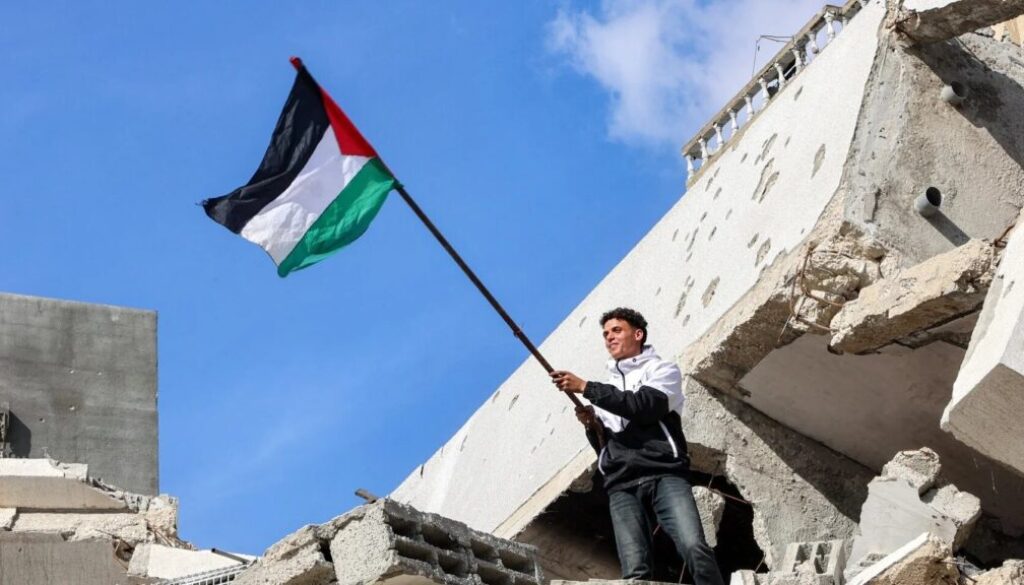Gaza Ceasefire Deal: A Fragile Step Toward Peace
In a significant development, a ceasefire agreement has been reached to halt the ongoing violence in Gaza, offering a glimmer of hope to a region plagued by decades of conflict. Brokered through international mediation, the deal aims to bring relief to civilians caught in the crossfire and set the stage for potential negotiations on long-term peace.
The Ceasefire Agreement: Key Details
The deal, facilitated by prominent mediators such as Egypt and the United Nations, includes the following key provisions:
- Immediate End to Hostilities: Both parties have agreed to cease all military operations, including airstrikes and rocket fire.
- Humanitarian Aid: Unrestricted access for humanitarian organizations to deliver much-needed supplies to Gaza.
- Prisoner Exchanges: Discussions for the release of detainees as a confidence-building measure.
While these terms represent a step forward, questions remain about the durability of the agreement in the face of deep-rooted tensions.
Humanitarian Impact
The ceasefire is a welcome relief for civilians who have borne the brunt of the conflict. Over recent weeks, Gaza has witnessed severe destruction, displacing thousands and leaving many without access to basic needs like water, food, and medical care. Humanitarian organizations are now mobilizing to address these urgent needs, but rebuilding the region will require sustained international support.
Challenges to Lasting Peace
Despite the ceasefire, achieving lasting peace remains an uphill battle:
- Political Divisions: Deep-seated differences between Gaza’s governing factions and Israel hinder trust and progress.
- Regional Instability: Broader geopolitical rivalries in the Middle East could undermine the agreement.
- Humanitarian Crisis: Prolonged suffering in Gaza risks reigniting hostilities if not adequately addressed.
International Response
The global community has welcomed the ceasefire, with calls for it to serve as a foundation for comprehensive peace talks. Leaders from the U.S., EU, and neighboring Arab countries have emphasized the need for a two-state solution and long-term strategies to prevent further escalation.
Conclusion
The Gaza ceasefire deal offers a much-needed pause in violence, but its success depends on the commitment of all parties to address the root causes of the conflict. As the world watches closely, this moment serves as a reminder of the urgent need for sustained efforts toward peace, stability, and the well-being of those caught in the crossfire.



